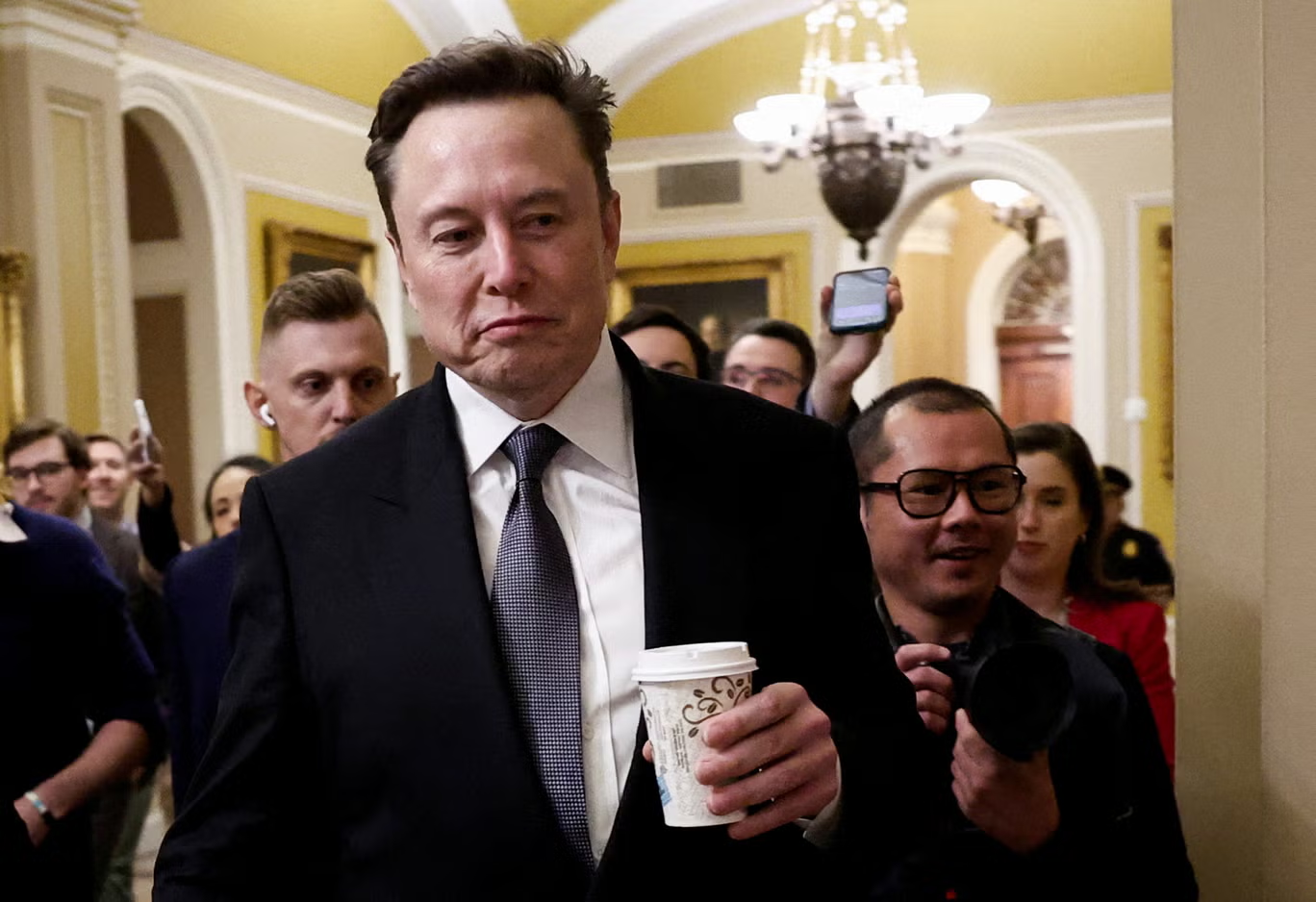Financial markets are on edge as the US dollar surged following Donald Trump’s return to the White House, with investors concerned that his sweeping promises of tariffs on foreign imports could have severe repercussions for the British and global economies. Known for his protectionist stance, Trump’s vow to impose tariffs to boost domestic industries has led analysts to warn of inflationary pressures, increased borrowing costs, and potentially destabilizing effects on global markets.
With Trump back in office, investors have reignited the so-called “Trump trades,” speculating on policies that would likely lower taxes, increase interest rates, and push up the costs of imported goods. Analysts warn this could drive up inflation, as higher prices on imports are passed on to consumers, with broader economic impacts expected in both the US and internationally.
UK Economy Faces Stagnation Under New Tariff Threats
In the UK, where economic growth has already been tepid, the National Institute of Economic and Social Research (NIESR) projects further declines if Trump follows through on his tariff pledges. Without new US tariffs, the British economy is forecasted to grow at a modest rate of 1.2% by 2025; however, if tariffs are enacted, this growth could slow to just 0.4%. Import tariffs would likely raise the cost of goods, forcing companies to pass on these expenses to consumers and further suppressing growth.
Global Financial Stability at Risk
The impact of Trump’s economic policies may not be limited to the UK. Erik Nielsen of UniCredit warns that Trump’s fiscal promises pose a significant threat to global financial markets, particularly given the US’s already substantial deficit. According to Nielsen, these promises could exacerbate the federal deficit while disrupting vital institutions, creating a “serious—yet under-appreciated—threat to the US Treasury market and, by extension, to global financial stability.”
The US Treasury market is already feeling the effects, with Treasury yields rising as investors anticipate a more cautious Federal Reserve. The Fed may hold back on cutting interest rates if inflation increases, a scenario that would complicate financial stability worldwide. Asian markets have responded to Trump’s potential economic policies with caution: the Hang Seng Index dropped amid concerns that Chinese goods could face tariffs as high as 60%.
Markets React: Stock Market, Bitcoin, and Oil Prices Shift
The US stock market is expected to open higher on Wednesday as investors seek to benefit from anticipated fiscal policy changes. Bitcoin, often seen as a safe haven asset in times of economic uncertainty, jumped nearly 8% to a record high of $75,345 as investors shifted capital amid Trump’s election victory. Meanwhile, oil prices eased below $75 a barrel as markets speculated that a Trump administration would encourage domestic drilling, potentially increasing US crude supply and stabilizing energy prices.
As the world reacts to Trump’s return to office, financial analysts and policymakers are closely watching developments, assessing whether his proposed tariff policies could trigger inflation and volatility on a global scale. For now, the economic outlook remains uncertain, with investors bracing for potentially turbulent times ahead.
Source











